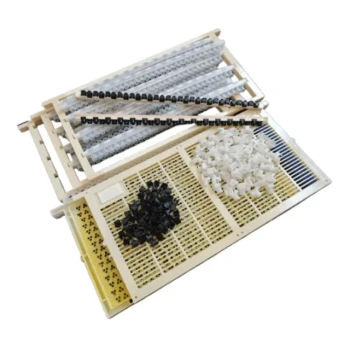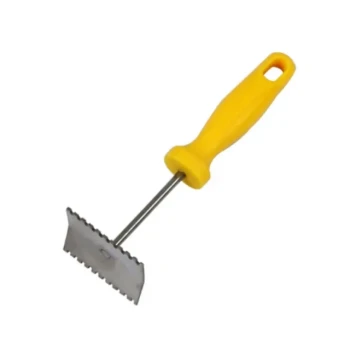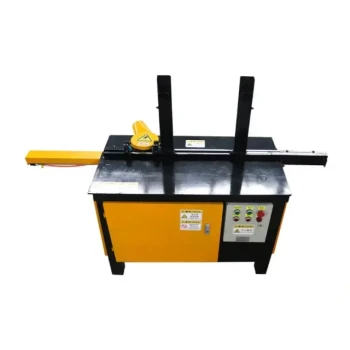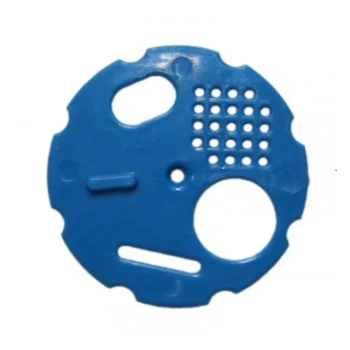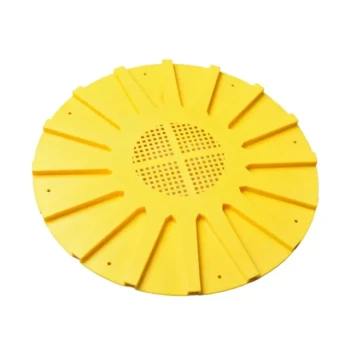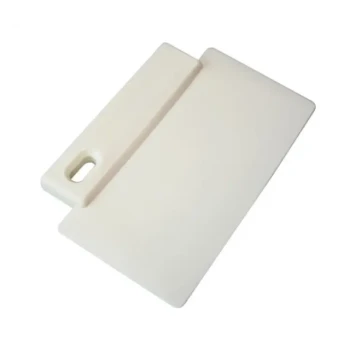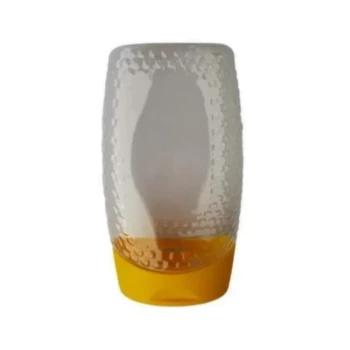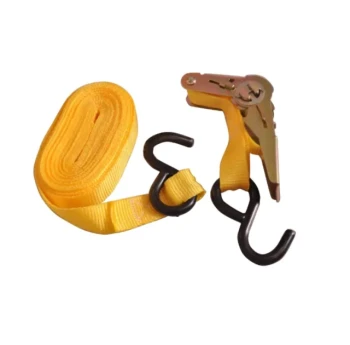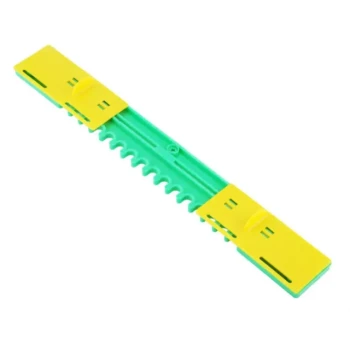At its core, raising your own queens is beneficial because it gives you ultimate control. It transforms you from a beekeeper who simply manages colonies into an architect who can actively shape their apiary's genetics, health, and productivity. This allows you to breed for desirable traits, ensure you always have a replacement queen when needed, and reduce long-term costs.
Moving from buying queens to raising them is the single most impactful step a beekeeper can take to improve their apiary's resilience and genetic quality, shifting from reliance on others to true self-sufficiency.
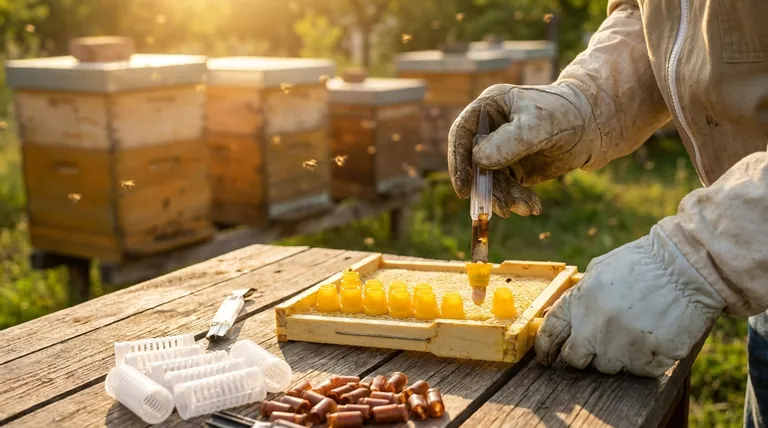
Gaining Control Over Colony Genetics
The most significant advantage of rearing queens is the ability to influence the genetic makeup of your hives directly. You are no longer subject to the quality and availability of commercial breeders.
Breeding for Desirable Traits
You can select queen mothers from your best-performing colonies. This allows you to actively propagate traits like a calm temperament, which makes hive inspections safer and more pleasant.
Enhancing Colony Strength
By grafting from your strongest and healthiest colonies, you ensure that the next generation of queens carries the genes for robust populations and vigorous brood patterns.
Promoting Disease and Mite Resistance
You can specifically select for queens from colonies that show natural resistance to common diseases or have a higher tolerance for pests like varroa mites. This is a cornerstone of sustainable, treatment-free beekeeping.
Increasing Honey Production
If honey yield is your goal, you can breed from colonies that consistently produce the most honey. This focuses your apiary's genetics on a strong work ethic and efficient foraging.
Improving Apiary Management and Economics
Beyond genetics, raising queens provides profound logistical and financial benefits that streamline your entire operation.
Ensuring Supply on Demand
A hive can become queenless unexpectedly. Instead of waiting days for a purchased queen to arrive by mail, you can have a replacement ready immediately, preventing a costly break in the brood cycle.
Facilitating Colony Expansion
Having a steady supply of your own queens makes creating splits to grow your apiary incredibly simple and affordable. This is the key to sustainable expansion without high upfront costs.
Reducing Operational Costs
Purchasing queens is a significant recurring expense for any beekeeper. Rearing your own eliminates this cost, addressing a core economic necessity and making your operation more profitable.
Creating a Potential Income Stream
Once you become proficient, you can sell surplus queens or nucs (nucleus colonies) to other beekeepers, turning a cost-saving skill into a source of revenue.
Understanding the Trade-offs
While powerful, queen rearing is not a passive activity. It requires a greater investment of skill and attention than simply buying queens.
The Required Skillset
Successful queen rearing demands a good understanding of bee biology, behavior, and the precise timing of the queen development cycle. It is an advanced skill that builds on a solid foundation of beekeeping basics.
The Time and Equipment Investment
The process requires dedicated time for tasks like grafting larvae and setting up mating nucs. While some methods are simple, most require specific equipment beyond the basic hive tool and smoker.
The Inherent Risks
Not every attempt will be successful. Grafts can be rejected by the nurse bees, and queens can be lost on their mating flights. You must be prepared for a certain rate of failure as part of the learning process.
Making the Right Choice for Your Goal
Deciding whether to raise queens depends entirely on your objectives as a beekeeper.
- If your primary focus is colony health and resilience: Rearing your own queens is the best way to breed for disease resistance and traits adapted to your specific local environment.
- If your primary focus is cost-effective growth: Having a ready supply of queens makes creating splits and new colonies far more efficient and affordable than buying packages or nucs.
- If your primary focus is skill development: Mastering queen rearing enriches your beekeeping experience and provides an intimate understanding of the colony's life cycle.
Ultimately, learning to raise your own queens gives you the fundamental tool to shape the future and success of your apiary.
Summary Table:
| Benefit | Key Advantage |
|---|---|
| Genetic Control | Breed for calmness, disease resistance, and high honey production. |
| Apiary Management | Always have a replacement queen; create splits easily for expansion. |
| Economic Advantage | Eliminate queen purchase costs; create a new income stream. |
| Considerations | Requires time, specific skills, and acceptance of some risk. |
Ready to take control of your apiary's future?
Raising your own queens is the key to a resilient, profitable, and self-sufficient beekeeping operation. At HONESTBEE, we supply the high-quality beekeeping supplies and equipment that commercial apiaries and distributors need to succeed in queen rearing and colony management.
We help you:
- Source reliable equipment for grafting, mating nucs, and hive management.
- Scale your operations efficiently with our wholesale-focused solutions.
- Build a stronger, more genetically robust apiary.
Contact HONESTBEE today to discuss how our supplies can support your queen rearing goals and drive your beekeeping business forward.
Visual Guide
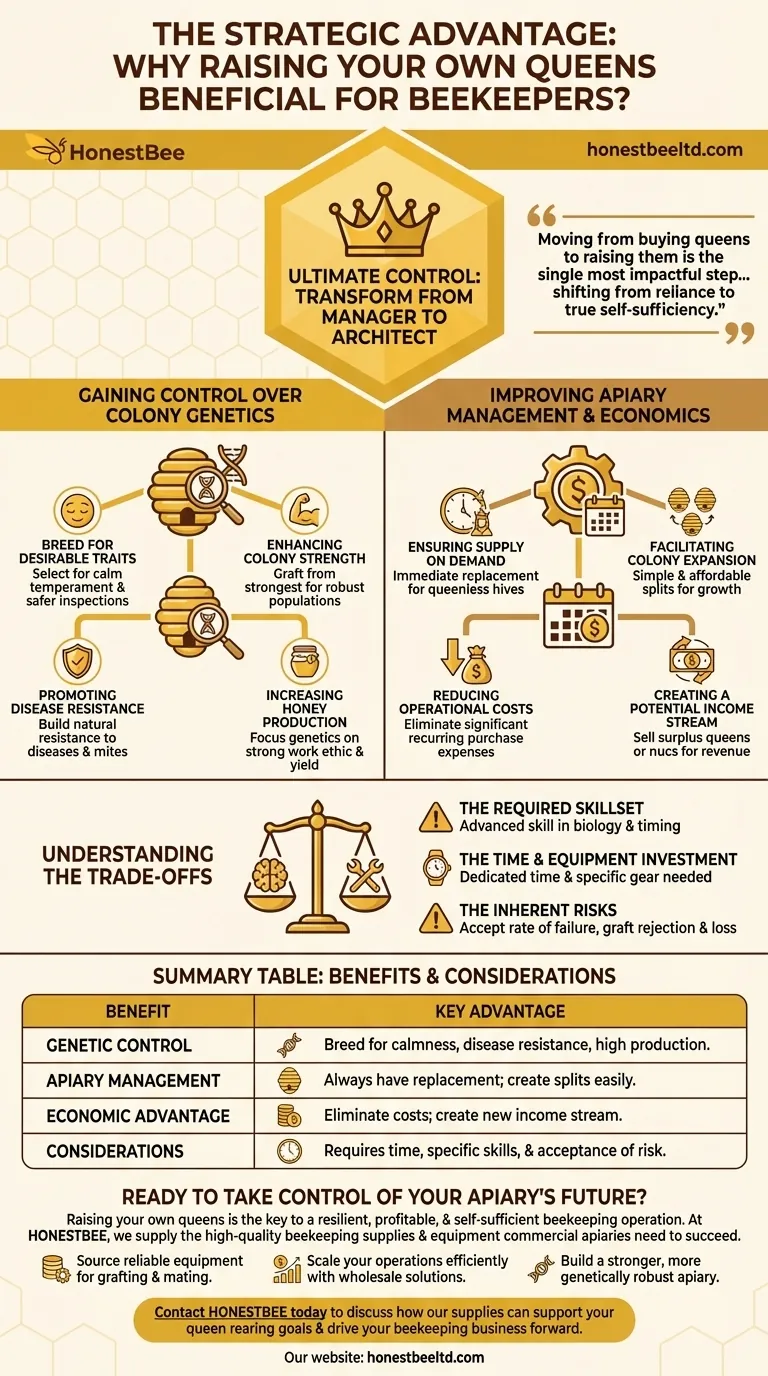
Related Products
- Jenter Queen Rearing Kit Complete Set for Bee Breeding
- No Grafting Queen Rearing Kit: System for Royal Jelly Production and Queen Rearing
- Nicot Queen Rearing Kit for Beekeeping and Grafting in Nicot System
- Brown Nicot Queen Cell Cups for Breeding Queen Bees Beekeeping
- Retractable Chinese Queen Rearing Grafting Tools Equipment
People Also Ask
- What do queen rearers do with queens that fail to lay on time? The Critical Quality Control Decision
- What are the five methods of queen rearing? From Simple Splits to Commercial Grafting
- What role do queen rearing systems play in scaling genetic quality? Optimize Your Apiary's Performance and Yield
- How long can a hive survive queenless? The Critical Countdown to Save Your Colony
- Are queen rearing systems suitable for all beekeepers? Modern Tools for Every Experience Level

